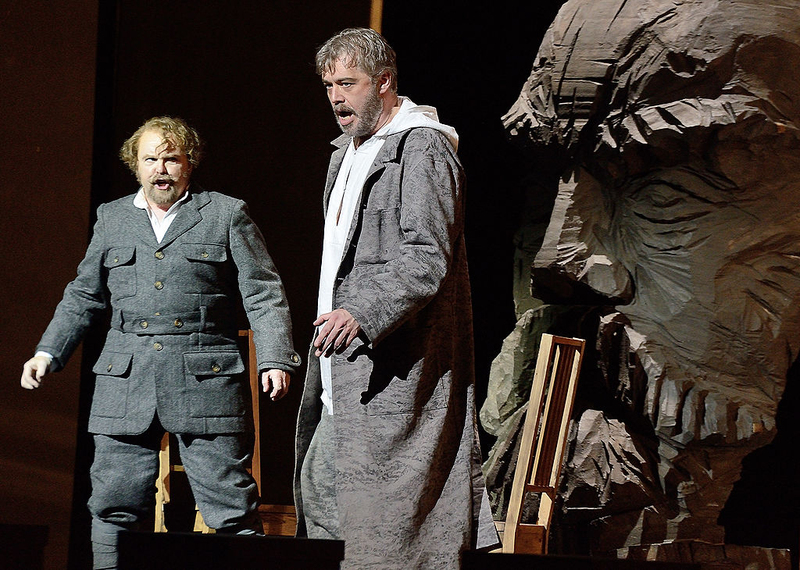Let’s return to the snowcapped Alps in Switzerland during the medieval days. William Tell was an archer whose existence remains a mystery until this very day. Tell lived in the Swiss Confederacy, who lived in the early days of the 14th century and is best known for shooting an apple on his son’s head. These were the days when Austria ruled Switzerland and the days when legends became a reality. The borderline between what is real and what is a myth concerning Tell is thin and sometimes unidentified. However, the beauty of his life story is as real as can be.

The Apple
William Tell is best known for being the father who shot an arrow into an apple while the apple was placed on his son’s head. Not something many parents would think highly of today. This act was a test of loyalty, as his clan was suspicious of him. The apple and son story became the center stage of his life show, and so did his remarkable archery abilities.
The Oath of Rutli
When children in Switzerland learn history, amongst others, they learn about the story of William Tell. It is part of the fascinating Swiss history heritage, especially the Oath of Rutli. The fables tell the story of Tell, who supposedly played a significant part in the 13th-century oath. This involved political agreements between Switzerland and what is known today as Germany.

Tell On Stage
No one could be prouder of a historical figure, fiction or not, as the Swiss are about William Tell. They are so proud of their domestic story that his figure has been adapted into numerous stage shows and endless books. There is a William Tell opera and a stage play by Friedrich Schiller, which became a huge success and brought Tell to the recognition of many who weren’t aware of his fascinating story.
Fact or Fiction?
To this day, historians all over the world discuss and argue about William Tell’s accuracy. Not all informative facts are aligned, and there are many open questions regarding his overall existence. Did he have a son? Then, who was his wife? Were there more children? More apples? Maybe William Tell was created out of someone’s imagination only to empower the Swiss heritage.

Within Borders
Although no one is sure if Tell was ever real, his story has expanded beyond Swiss borders. Tell’s character has become a symbol of loyalty, patriotism, and resistance. William Tell’s story remains relevant today, emphasizing the fight against dictatorship and autocracy.
Down in the Books of History
History is filled with fascinating stories, some of which have a big question mark, and the story of William Tell is one of them, however, this doesn’t mean it doesn’t hold a lesson or two to teach us. The fable is timeless, and so is the moral and the symbol of bravery that lives to this day.